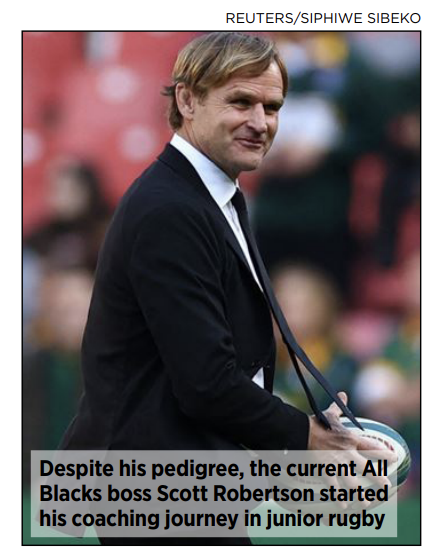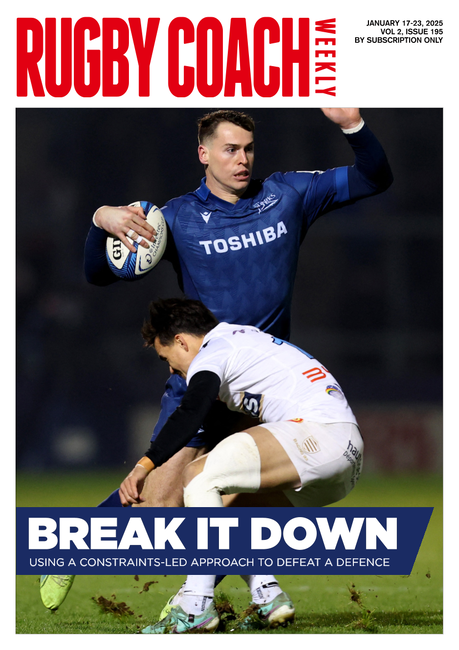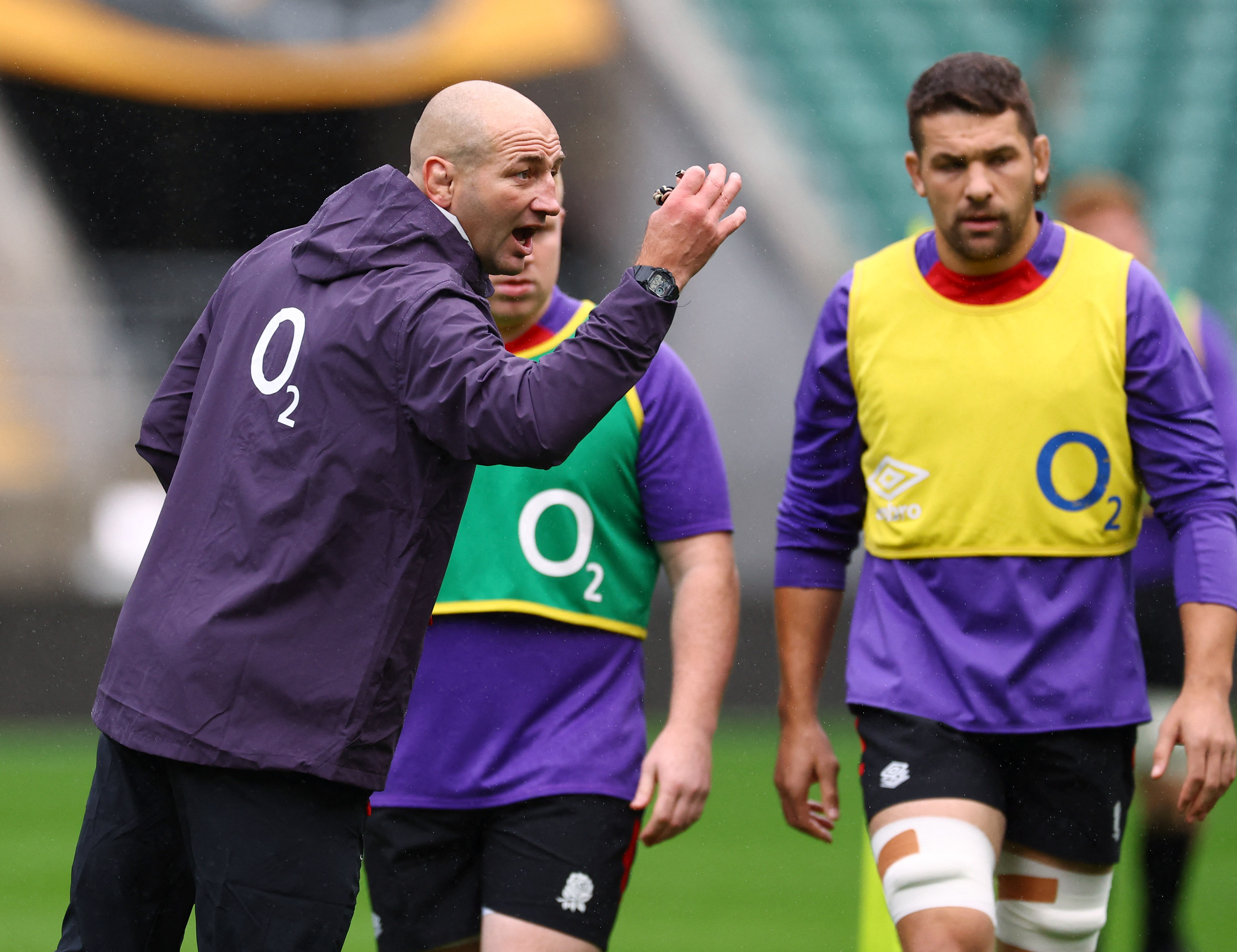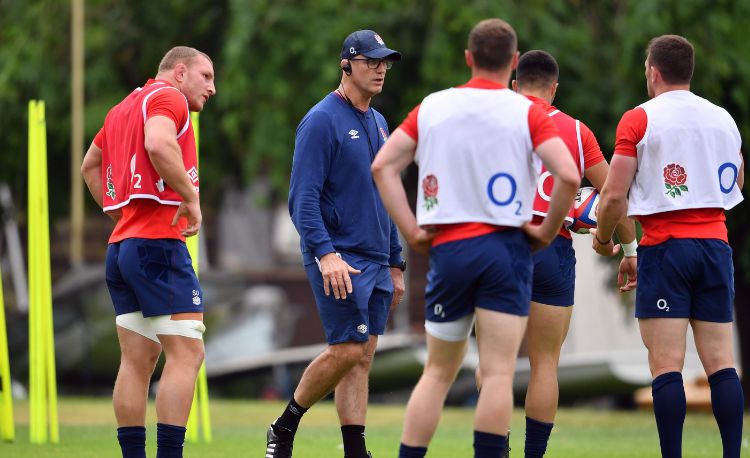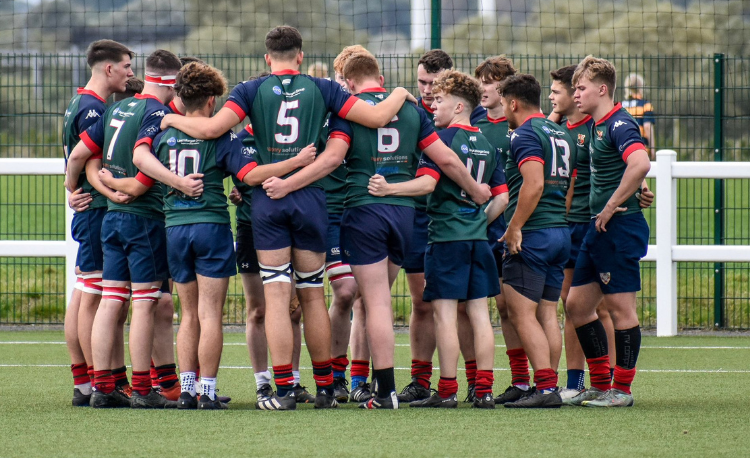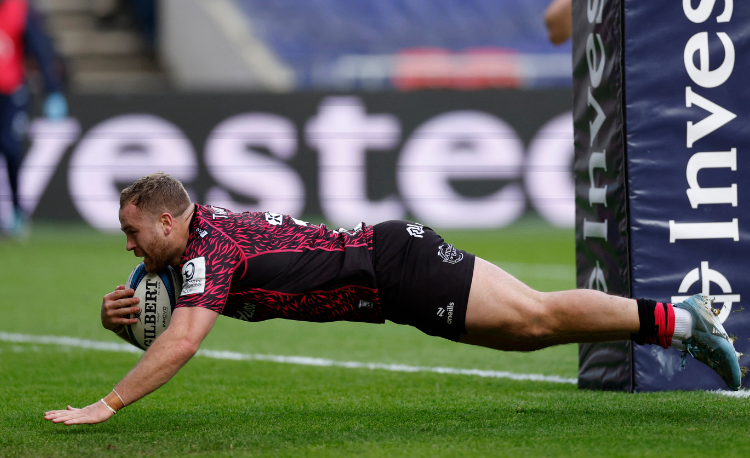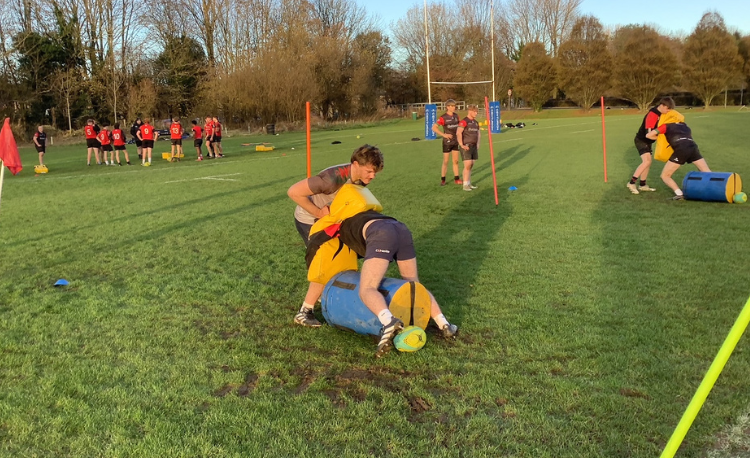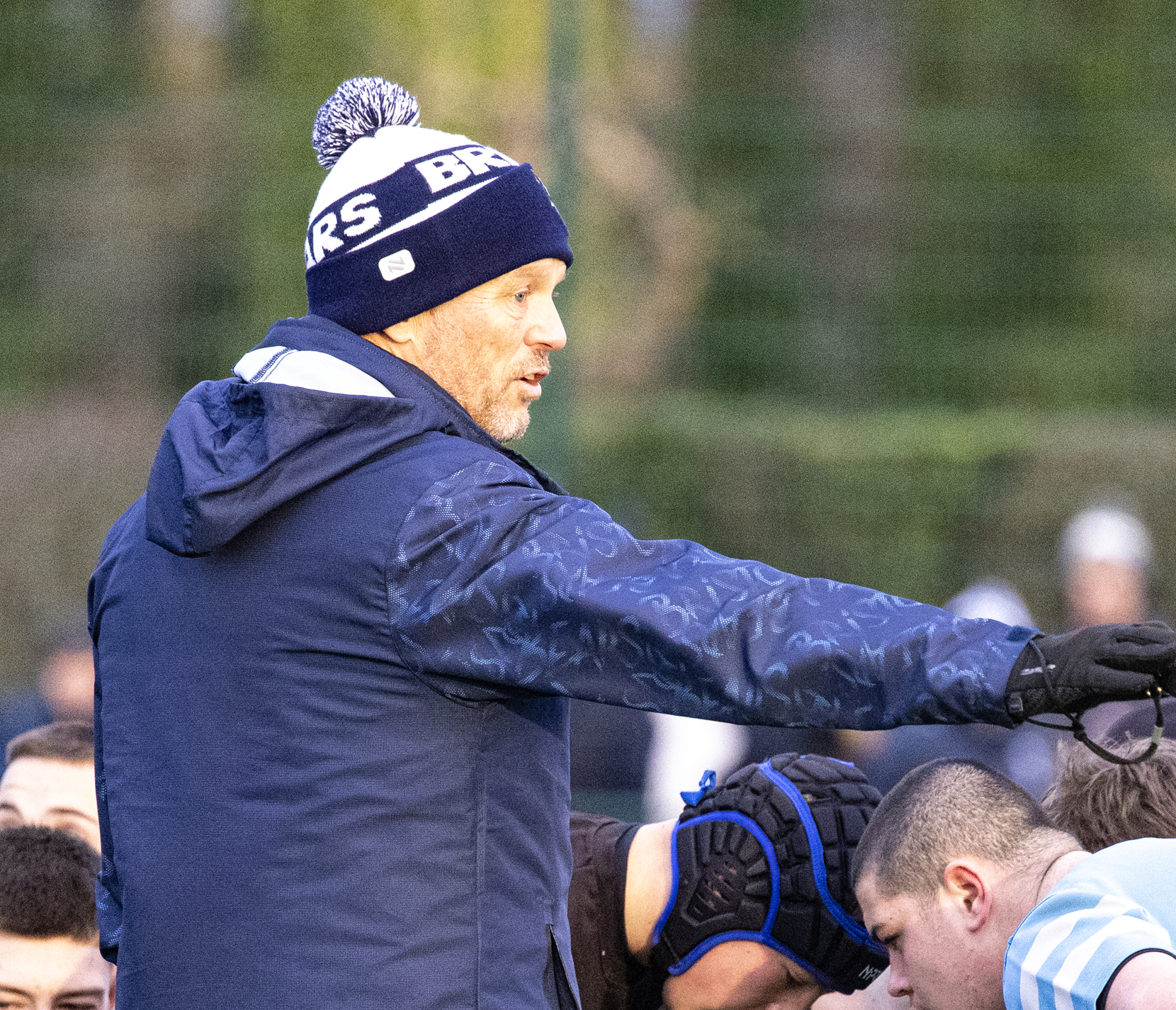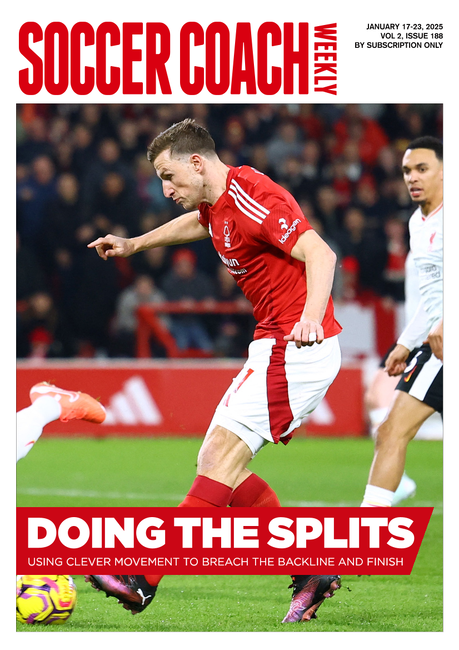How far up the tree do you want to go?
Starting your coaching journey, you’ll encounter diverse ambitions and experiences, but collaboration and growth are key.
When you sit on your first national coaching course, you will no doubt see some sort of pyramid of progression.
If you pass all the stages, you could be a Level 5 coach. You might even end up as a full-time coach at a professional team.
Not that most of us aspire to that. Pro coaching is an exciting but precarious business. It may pay the mortgage for a few years but doesn’t do much for family life. However, we have to start somewhere.
Your fellow coaches around the table at a Level 1 (or equivalent) will have a wide range of experiences to draw on. Some may have played, others may have been coaching for some time already, while a few may have just started to be involved in rugby.
In all cases, coaching basics still need revision and an introduction for others. These are essential building blocks to move forward.
I didn’t have to do a Level 1 because of my playing experience.
Pro coaching is an exciting but precarious business. It may pay the mortgage for a few years but doesn’t do much for family life. However, we have to start somewhere.
Lovely though that was, my early experiences of coaching county rugby to U14s were painful, because I’d missed out on a lot of the coaching process.
I was very ambitious and wanted to coach at a high level, and quite a few on the course wanted the same.
Fast-forward to me, as a tutor, sitting with a group of new Level 1 tutees, and the ambitions are wildly diverse.
For some, it’s about survival. Others are keen to improve for the sake of their child. In very few cases, there will be coaches like my old self.
Courses can’t cater to this diversity, either of experience or ambition. Yet it can open everyone’s eyes to our differences in approach. Embrace that, and you will understand that your players will often be in the same boat.
In that sense, any course where we can share our thoughts must be positive. Once we have finished each course, we must look to improve ourselves with more research and experimentation.
Any opportunity to exchange ideas with fellow coaches is invaluable. These shared experiences form the backbone of our coaching community.
I like to think of us as a collective of coaches, each contributing to the growth and development of our profession.
---
QUOTE
"Being mentally tough is about...
- Giving your best effort
- Pushing through discomfort
- Focusing on the task at hand
- Blocking out distractions
- Facing your fears
- Staying poised under pressure."
Sports Psychology (@SportPsychTips) on X, formerly Twitter
Newsletter Sign Up
Coaches Testimonials

Gerald Kearney, Downtown Las Vegas Soccer Club

Paul Butler, Florida, USA

Rick Shields, Springboro, USA

Tony Green, Pierrefonds Titans, Quebec, Canada
Subscribe Today
Be a more effective, more successful rugby coach
In a recent survey 89% of subscribers said Rugby Coach Weekly makes them more confident, 91% said Rugby Coach Weekly makes them a more effective coach and 93% said Rugby Coach Weekly makes them more inspired.
Get Weekly Inspiration
All the latest techniques and approaches
Rugby Coach Weekly offers proven and easy to use rugby drills, coaching sessions, practice plans, small-sided games, warm-ups, training tips and advice.
We've been at the cutting edge of rugby coaching since we launched in 2005, creating resources for the grassroots youth coach, following best practice from around the world and insights from the professional game.
